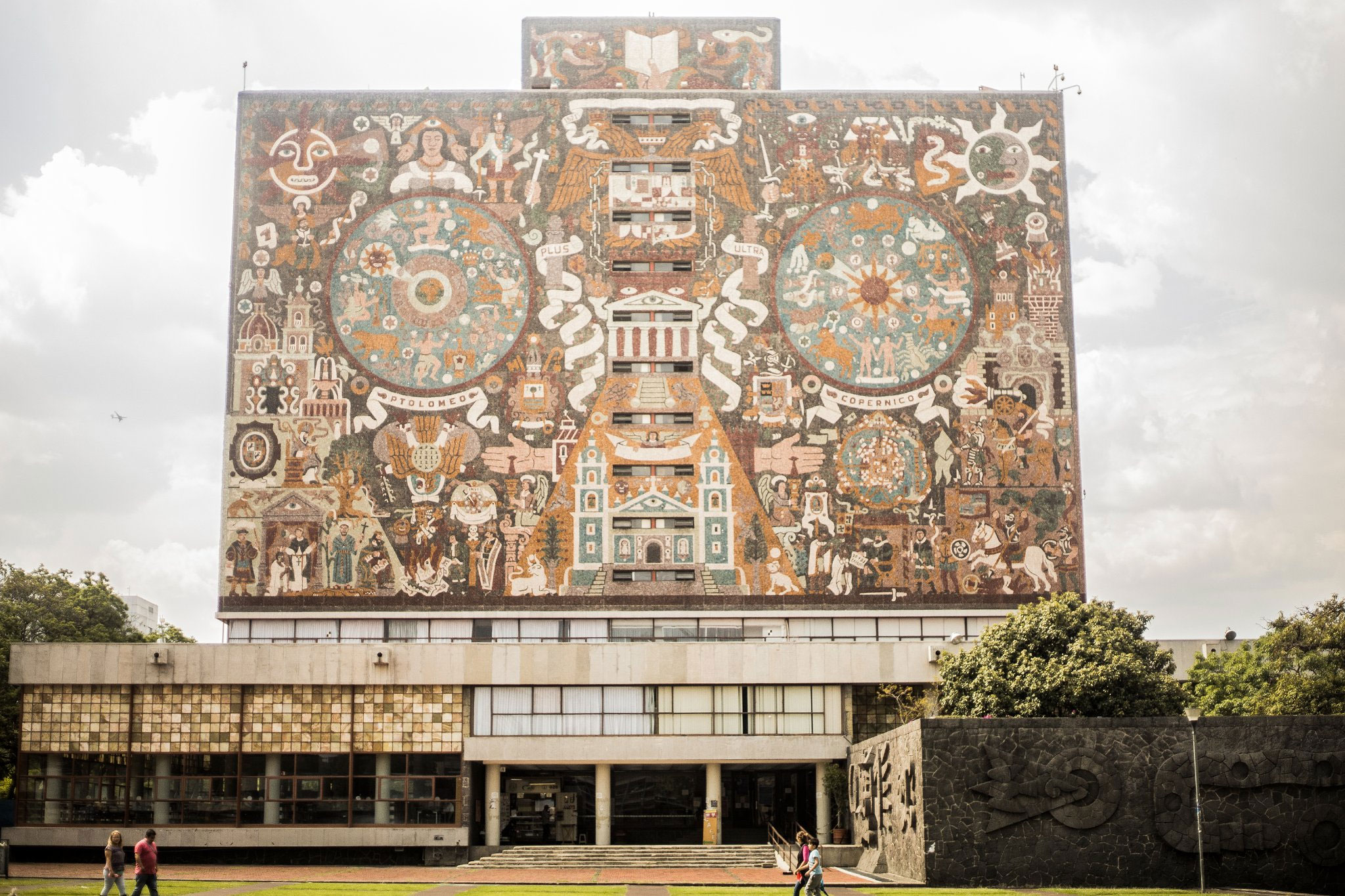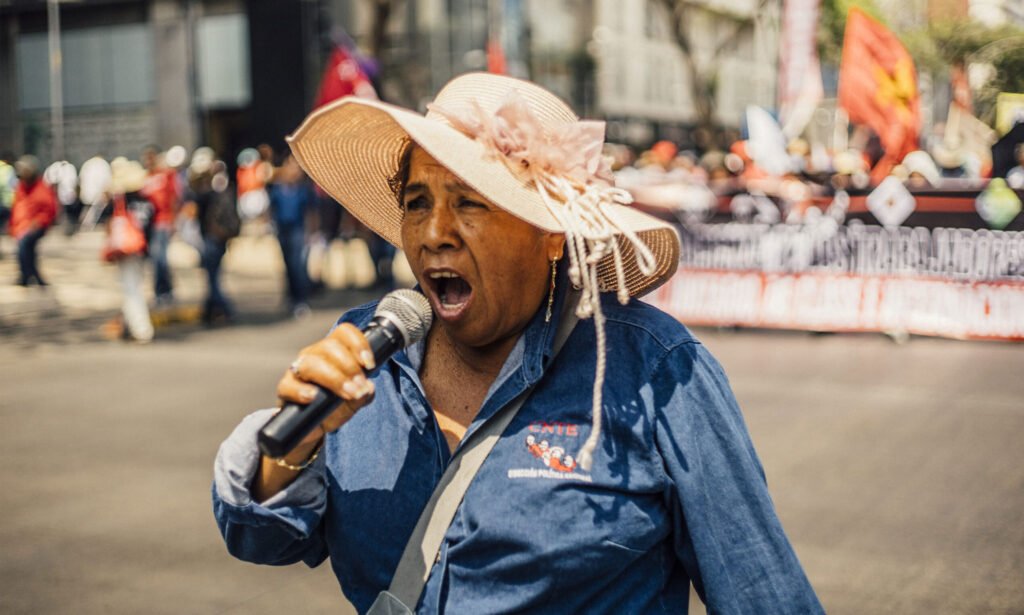Academia: Between Endogamy & Colonization
This editorial by José Romero originally appeared in the August 28, 2025 edition of La Jornada, Mexico’s premier left wing daily newspaper. The views expressed in this article are the author’s own and do not necessarily reflect those of the Mexico Solidarity Project.
Mexican academia suffers from an evil that corrodes it from within: inbreeding. What was once conceived as autonomy to defend universities from political power has, in many cases, become a closed system where rectors, directors general, or presidents and collegiate bodies are elected, succeed each other, and protect each other. A critical space has become subservient.
The principal or director rarely arrives with freedom of speech. From the outset, he is required not to upset the groups that brought him to office. Anyone who challenges them faces isolation, discredit, or dismissal.
In several state universities, inbreeding has become a form of political domination. Families dominate positions and turn the institution into political spoils. Even the most prestigious institutions are not exempt. Inbreeding may be disguised in refined forms, but it retains the logic of exclusion. An academic elite thrives on privileges, marginalizes dissidents, and rewards the submissive. Over time, this elite becomes a caste. Many stop teaching or researching and live off public resources.
There are spaces with open practices, but they are exceptions. Inbreeding stifles competition and impedes innovation.
Hence the disconnection with the country. Job openings are often designed restrictively, excluding those outside the dominant groups. Thus, national talent is wasted rather than utilized. Students receive outdated programs, and critics are isolated. Society receives diagnoses that don’t change reality.
Internationally, Mexican academia is hardly taken seriously. Outside the country, it’s perceived as a machine that churns out papers and statistics, without substantive debate or original contributions. People talk about internationalization, but they repeat formulas that sustain an illusion of modernity. Mexico pretends to belong to the academic world. Pretense has become its hallmark.
The myth of autonomy acts as a shield. There’s talk of independence from political power, but in practice, it’s the autonomy of unaccountable cliques. When fraud or nepotism occurs, the solutions are cosmetic.
The international contrast is clear. In the United States, presidents are appointed by outsiders; in the United Kingdom, vice-chancellors are appointed by mixed councils. In Mexico, although governing boards include outsiders, they tend to be allies of the rector. The inbred circle is recycled, and outsiders merely appear plural.
Mexican academic elites have preferred to rely on the endorsement of prestigious foreign institutions, which reinforces dependency and reproduces a way of thinking that serves foreign interests.
During the previous six-year term, attempts were made to limit privileges, but the reaction of the academic elite was so virulent that it stymied any possibility of change. In the current administration, far from correcting that course, the government opted for conciliation: instead of transforming the power structures, the government preferred to coexist with them.
The contradictions multiply. Autonomy, conceived as a defense against political power, ended up becoming a shield for cliques. Universities, which should be hotbeds of knowledge, function as endogamous fiefdoms where positions are inherited and obedience is rewarded.
Another contradiction lies in the growth of the National System of Researchers. Mexico multiplied the number of PhDs, articles, and members, but the country remained stagnant: GDP barely grew, innovation did not take off, and inequality persists. This boom responded to the neoliberal logic imposed by the World Bank: accumulating “human capital” and meeting external indicators. Evaluation became a simulation, and academic colonization was consolidated by dependence on foreign metrics.
When reviewing the landscape by area of knowledge, the conclusion is clear. In engineering, exact sciences, or medicine, articles fail to translate into innovation. Research accumulates in journals without generating patents. And in the social sciences, intellectual dependence prevails: imported theories foreign to the Mexican experience are repeated. Colonized by foreign frameworks, these disciplines have given up thinking for themselves.
Mexican academic elites have preferred to rely on the endorsement of prestigious foreign institutions, which reinforces dependency and reproduces a way of thinking that serves foreign interests.
Mexico has more academics and publications than ever, but not more development. Inbreeding, along with academic colonization, are two of the factors that prevent knowledge from being translated into progress. Instead of opening spaces for talent, innovation, and creativity, institutions have chosen to stifle competition, reward obedience, and rely on intellectual colonialism. The result is an academy that reproduces mediocrity.
If the use of public resources allocated to academia were subject to a democratic verdict, the ruling would be relentless: too much money spent, too many privileges accumulated, and too few results for society. Mexican academia, caught between inbreeding and colonization, has turned research into a sterile social cost. Knowledge, sustained by the collective efforts of millions, does not translate into innovation, development, or justice.
-
CNTE Announces 72 Hour National Strike & March to Mexico City’s Zócalo
The class-conscious teachers union will also make “courtesy visits” to the embassies of countries who committed atrocities against Iran, to show their rejection of US imperialism.
-
Yet Another Mexican Citizen Dies in ICE Custody
The unidentified victim is the 9th Mexican citizen to have been killed in ICE detention since the beginning of 2025; this time in Adelanto, California.
-
Let’s Talk About Migration: Trumpist Persection
Millions of women who have endured unspeakable violence on their migration journey are now being persecuted in the United States by an extremely xenophobic and misogynistic government, led by Donald Trump,




